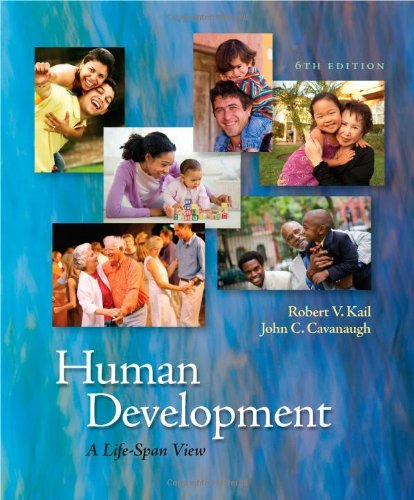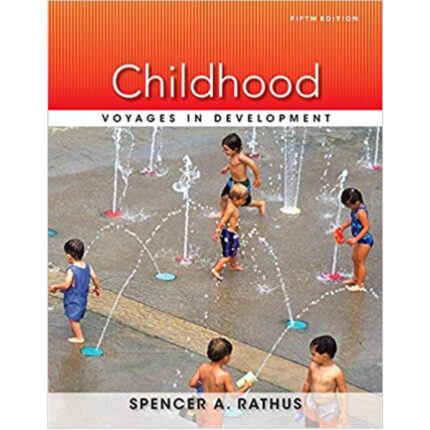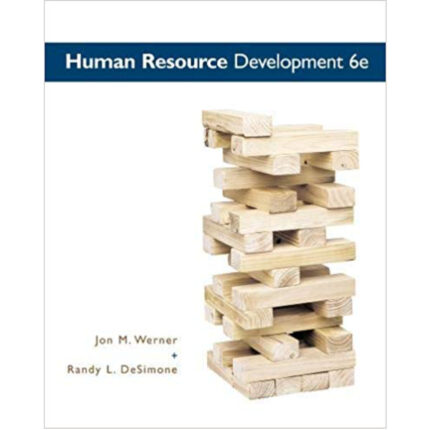EXAM
- Parents may have problems supporting attachment with their high-risk infant because:
- The infant has diminished ability to respond interactively
- Most medical care teams discourage this
- Their cultural beliefs support maintaining emotional distance from others
- The infant is too small
- Chronic sorrow is:
- A response to the birth of a “less than perfect” infant that resolves as the family adjusts to the changes in their lives
- A normal grief response that is associated with the day-to-day experience of living with “what is” versus the parents’ view of “what should have been”
- An atypical grief response associated with conflicting cultural and personal values concerning disability
- A mild form of depression that often affects parents of both genders following the birth of a child
- Parents who have had very frightening and distressing experiences in the health care system early in their child’s life are likely to:
- Be guarded and defensive in their interactions with new health care providers
- Be open and supportive of new members in their child’s health care team
- Take a back seat, and expect the health care team to make all of the decisions concerning their child’s care
- Have poor judgment due to their overprotectiveness of the infant
- All of the following are true of siblings of high-risk or technology-dependent children EXCEPT:
- Most of the siblings have more household responsibilities (for example, cleaning, washing, and cooking), soon after their sibling came home.
- Many siblings take on aspects of technical and nursing care for their brother or sister.
- Older siblings are more likely to have child care responsibilities that others in their peer group.
- Siblings continue to live their lives as before and are untouched by the stress and disruption that is experienced by their parents.
- Birth defects are:
- Mental abnormalities that are present at birth and are related to maternal substance abuse
- Physical abnormalities that are present at birth and are not related to prematurity
- Patterns of developmental delay that occur in response to prematurity or hospitalization in infancy
- All of these
- Children in single-parent homes are more likely to:
- Have the support of a large extended family
- Be living at or near the poverty level
- Attend a child care facility rather than be cared for by a grandparent or other family member
- Have a parent who is more than 30 years old
- Which of the following is an iatrogenic health problem?
- Down syndrome
- Cerebral palsy
- Orofacial cleft palate
- Bronchopulmonary dysplasia
- Palliative care is an area of health care that:
- Emphasizes the role of the primary care physician as team decision making and in which family-centered care is not recommended
- Concentrates on reducing the severity of disease symptoms, and supports a positive quality of life in the presence of illness without expectations of curing the condition
- Involves providing an infant with lots of stimulation to help offset the negative impact of their condition
- Focuses on supporting families through their grief at facing their child’s death
- A parent who spends much time and energy in choosing cute and fashionable clothing for her child, while rejecting splints, braces, or other medical devices recommended for the child is likely to be trying to:
- Assert his or her authority as the most important person on the child’s health care team
- Expressing a concern for the high cost of medical devices
- Minimizing the stigma of having a child with a visible disability
- Drawing attention to the child to gain sympathy
- The uncertainty in illness theory suggests that when a diagnosis is finally identified, parents often:
- React with relief that the long period of uncertainty is over
- React with anger and hostility toward the individual assigning the diagnostic label to the child
- Demonstrate a pattern of chronic sorrow
- Develop post-traumatic stress disorder
CHAPTER 11
1. a
2. b
3. a
4. d
5. b
6. b
7. d
8. b
9. c10. a













Reviews
There are no reviews yet.